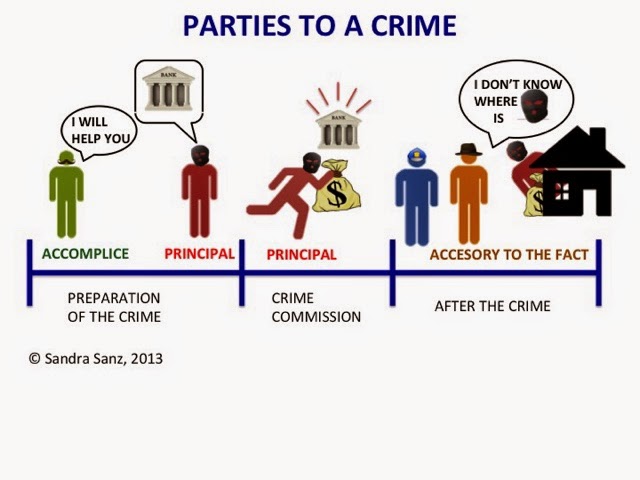The Crime of Espionage
Espionage has been defined as offense of gathering, transmitting, or losing information respecting the national defense with intent or reason to believe that the information is to be used to the injury of the Republic of the Philippines or to the advantage of any foreign nation. (See the opening sentence of Section 1 and other sections of Commonwealth Act No. 616)
Article 117 of the Revised Penal Code provides:
Art. 117. Espionage. - The penalty of prision correccional shall be inflicted upon any person who:
1. Without authority therefor, enters a warship, fort, or naval or military establishment or reservation to obtain any information, plans, photographs, or other data of a confidential nature relative to the defense of the Philippine Archipelago; or
2. Being in possession, by reason of the public office he holds, of the articles, data, or information referred to in the preceding paragraph, discloses their contents to a representative of a foreign nation.
The penalty next higher in degree shall be imposed if the offender be a public officer or employee.
What are the two ways on which espionage may be committed?
As mentioned in Art. 117 of the RPC, these are the two ways that espionage may be committed:
1. By entering, without authority therefor, a warship, fort, or naval or military establishment or reservation to obtain any information, plans, photographs or other data of a confidential nature relative to the defense of the Philippines.
Elements:
a. That the offender enters any of the places mentioned therein;
b. That he has no authority therefor;
c. That his purpose is to obtain information, plans, photographs or other data of a confidential nature relative to the defense of the Philippines.
2. By disclosing to the representative of a foreign nation the contents of the articles, data or information referred to in paragraph No. 1 of Article 117, which he had in his possession be reason of the public office he holds.
Elements:
a. That the offender is a public officer;
b. That he has in his possession the articles, data or information referred to in paragraph No. 1 of Article 117, by reason of the public office he holds;
c. That he discloses their contents to a representative of a foreign nation.
Source: The Revised Penal Code, Criminal Law, Book Two, 2021 Edition, Luis B. Reyes


Comments
Post a Comment